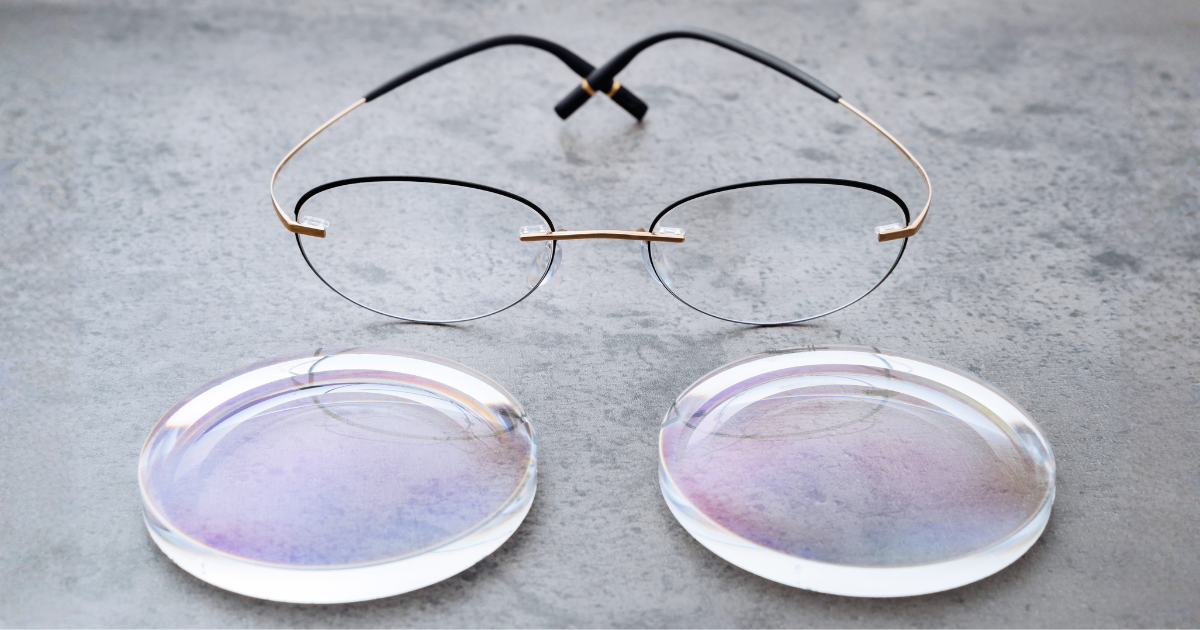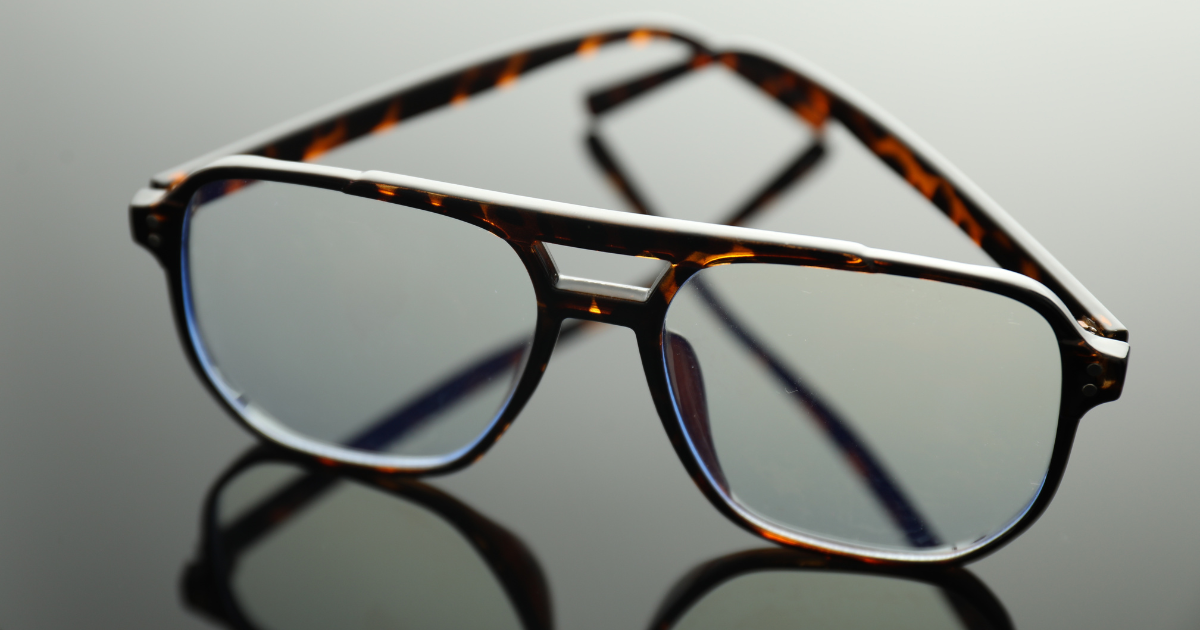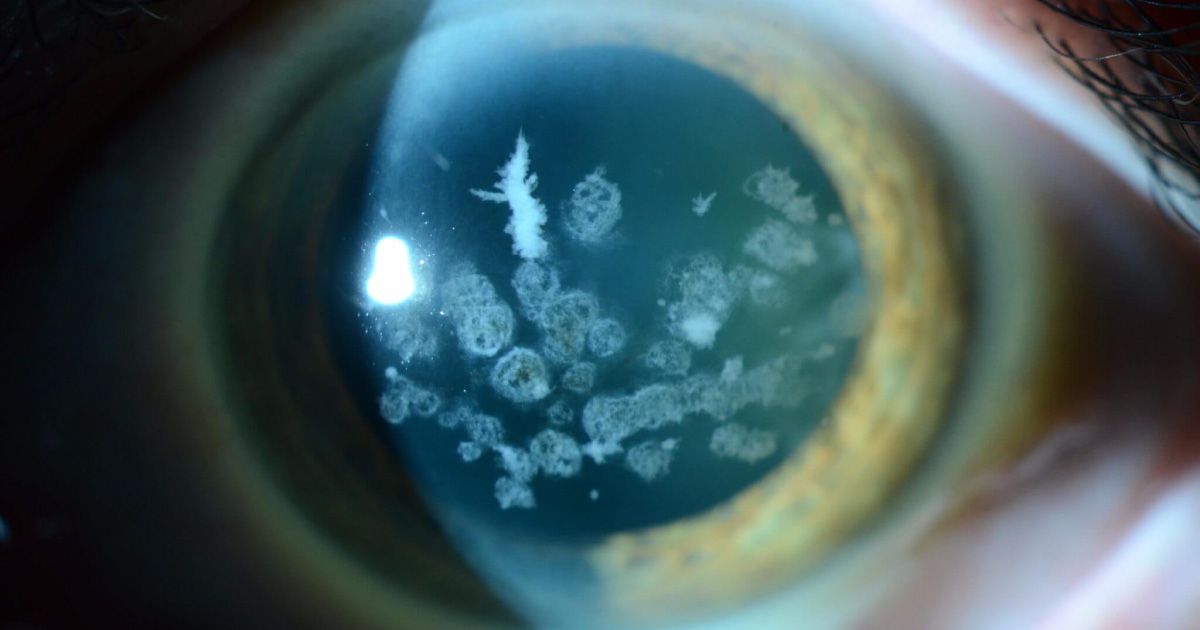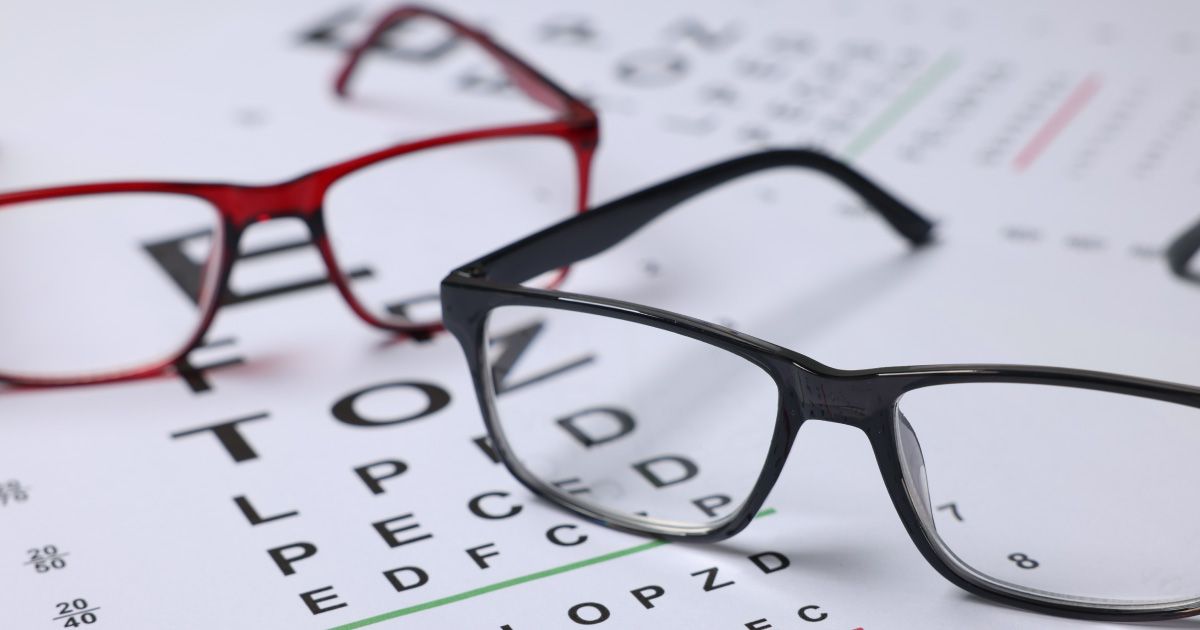The Sweet Truth: How Diabetes Can Affect Your Vision
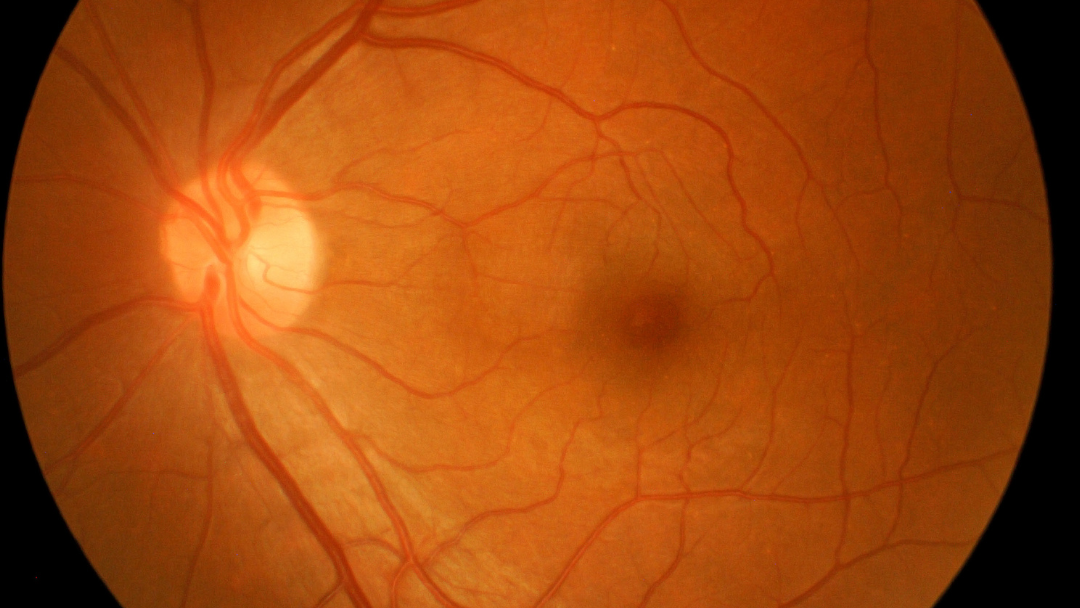
Read time: 3 minutes
Diabetes is a chronic condition that affects millions of people worldwide. It occurs when the body is unable to produce or use insulin effectively, leading to high levels of sugar in the blood. While many people are aware of the impact diabetes can have on the heart, kidneys, and nerves, fewer realize that it can also have a significant impact on eye health. In this post, we'll explore the connection between diabetes and eye health and provide tips for managing the condition to protect your eyesight.
How Diabetes Affects Your Eyesight
Diabetes can cause several eye problems that can lead to vision loss or blindness if left untreated. The high blood sugar levels associated with diabetes can damage the small blood vessels in your eyes, leading to a condition known as diabetic retinopathy. This condition affects the blood vessels in the retina. Over time, high blood sugar levels can cause these vessels to become damaged, leading to a range of symptoms, including blurred or distorted vision, floaters, and even blindness.
In addition to diabetic retinopathy, diabetes can also increase your risk of developing other eye problems, such as glaucoma, diabetic macular edema, and cataracts. Glaucoma is a condition that damages the optic nerve, leading to vision loss or blindness. Diabetic macular edema is a condition in which fluid accumulates in the macula, the part of the eye responsible for central vision. Cataracts cause cloudy vision and can also lead to blindness.
Tips for Managing Diabetes and Eye Health
Fortunately, there are steps you can take to manage your diabetes and protect your eyesight. Here are some actionable tips:
- Keep your blood sugar levels under control: Consistently high blood sugar levels can lead to vision problems and eye damage. Speak with your doctor about the best ways to manage your blood sugar levels.
- Get regular comprehensive eye exams: Eye exams can detect any issues early on, including diabetic retinopathy and glaucoma. The American Diabetes Association recommends that people with diabetes get a comprehensive eye exam with your eyecare professionals at Urban Optiks Optometry at least once a year. This exam will include a dilated eye exam to get a better view of the retina and other structures inside the eye.
- Protect your eyes from UV rays: Exposure to UV rays can increase the risk of developing cataracts, which is already a risk for people with diabetes. Wear sunglasses with UV protection when outside, and consider adding a hat for additional protection.
- Quit smoking: Smoking can increase your risk of developing diabetic retinopathy and other eye problems. If you smoke, quitting can help protect your eyesight.
- Manage your overall health: Diabetes can increase the risk of developing other health problems, such as high blood pressure and high cholesterol, which can also impact your eye health. Follow a healthy lifestyle, including regular exercise and a balanced diet, to help manage these conditions.
Keeping Your Vision in Focus
Remember, diabetes can have serious implications for your eye health, but by managing your blood sugar levels, scheduling regular eye exams, and taking steps to protect your eyes, you can reduce your risk of developing diabetic eye problems. Don't wait until it's too late - take action today to protect your eyesight and maintain good eye health.
Share this blog post on social or with a friend:
The information provided in this article is intended for general knowledge and educational purposes only and should not be construed as medical advice. It is strongly recommended to consult with an eye care professional for personalized recommendations and guidance regarding your individual needs and eye health concerns.
All of Urban Optiks Optometry's blog posts and articles contain information carefully curated from openly sourced materials available in the public domain. We strive to ensure the accuracy and relevance of the information provided. For a comprehensive understanding of our practices and to read our full disclosure statement, please click here.






